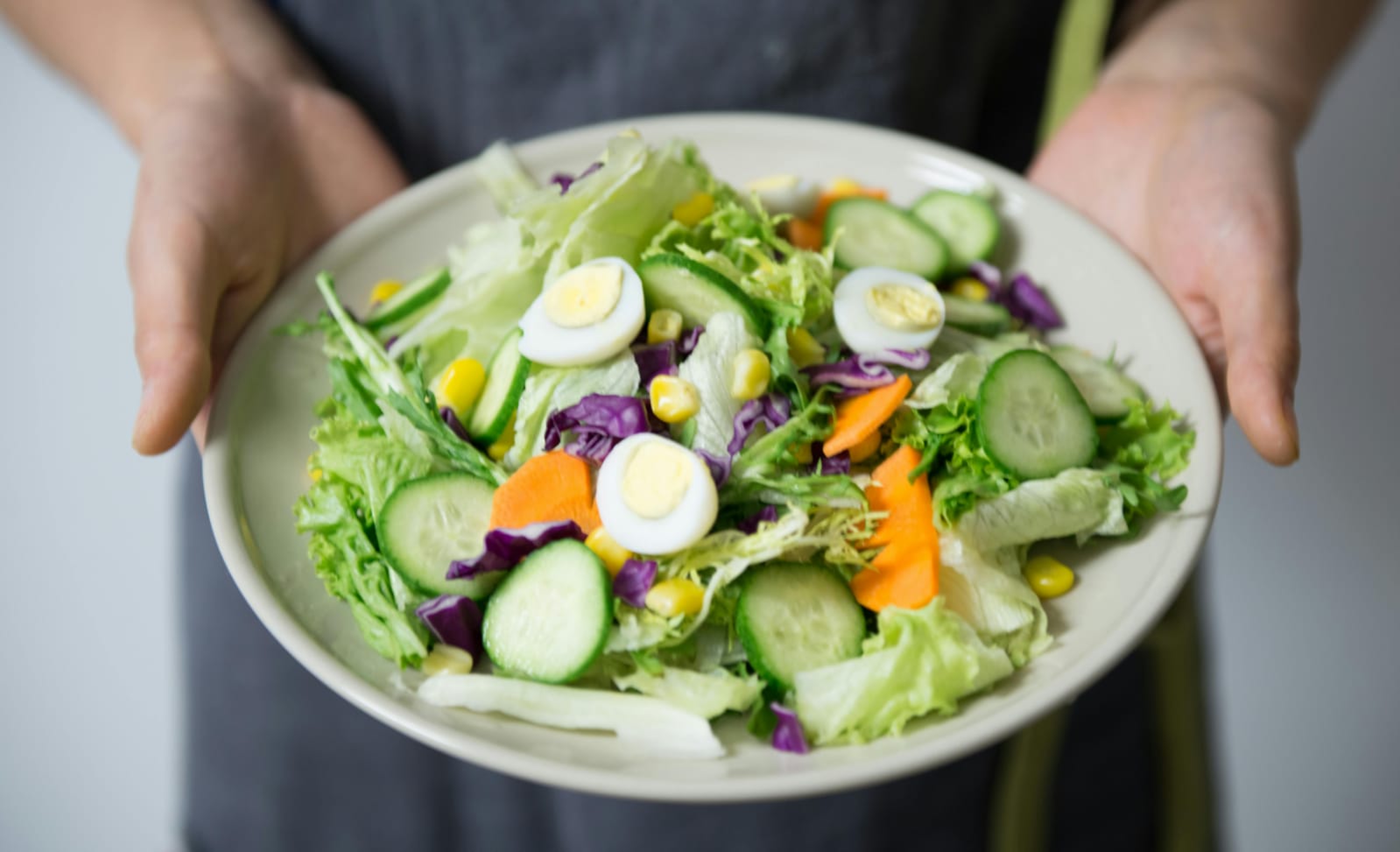What is Rheumatoid Arthritis
Rheumatoid Arthritis (RA) is a self-affecting autoimmune disease that impacts the joints, causing inflammation, pain, and swelling in individuals. It can also affect other parts of the body. The exact cause is unknown, but it occurs when the immune system mistakenly attacks healthy internal structures.
If the immune system is not properly treated, RA can damage joints and individuals may face a high degree of disability. Treatment typically involves medication, physical therapy, dietary changes, and lifestyle adjustments to reduce symptoms and manage the progression of the disease.
A suitable dietary plan can play a role in managing Rheumatoid Arthritis symptoms and inflammation. Here are some dietary recommendations that may prove beneficial:
1. Anti-inflammatory Foods:
Incorporate anti-inflammatory foods such as fish, avocados, flaxseeds, and chia seeds into your diet. These are rich in omega-3 fatty acids, which can help reduce inflammation.
2. Fruits and Vegetables:
Colorful fruits and vegetables provide a nutritious diet rich in antioxidants and vitamins that support your body's specific needs. Include pomegranates, cherries, spinach, kale, bananas, and broccoli.
3. Whole Grains:
Choose whole grains like brown rice, quinoa, and whole wheat bread over refined grains as they provide more fiber and essential nutrients.
4. Proteins:
Select protein-rich foods such as chicken, turkey, tofu, and beans to provide the right amount of protein necessary for joint health and maintenance.
5. Turmeric and Ginger:
Both these spices contain natural anti-inflammatory properties. You can incorporate them into your cooking or use them in water or warm milk.
6. Olive Oil:
Use extra virgin olive oil as your primary cooking oil. It contains monounsaturated fats that may help reduce inflammation.
Remember that the impact of nutrition on Rheumatoid Arthritis varies from person to person. It's essential to consult with a registered dietitian to tailor your diet according to your specific needs.
Recommended Blogs


Mansab Ali


Mansab Ali



